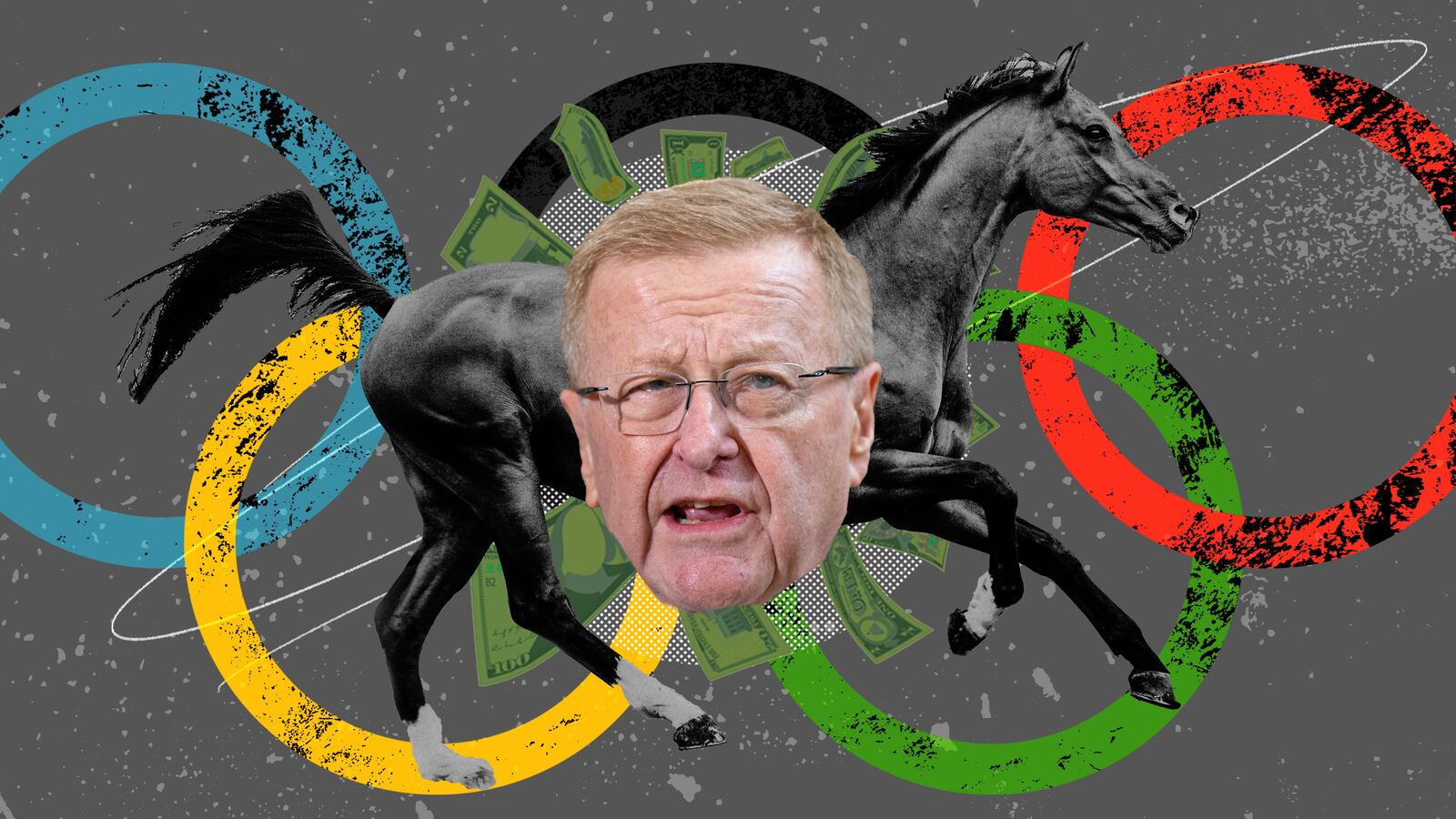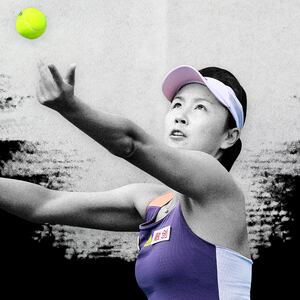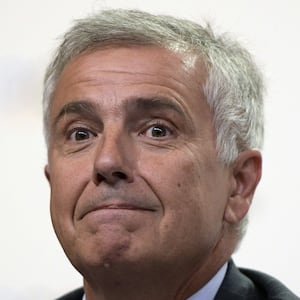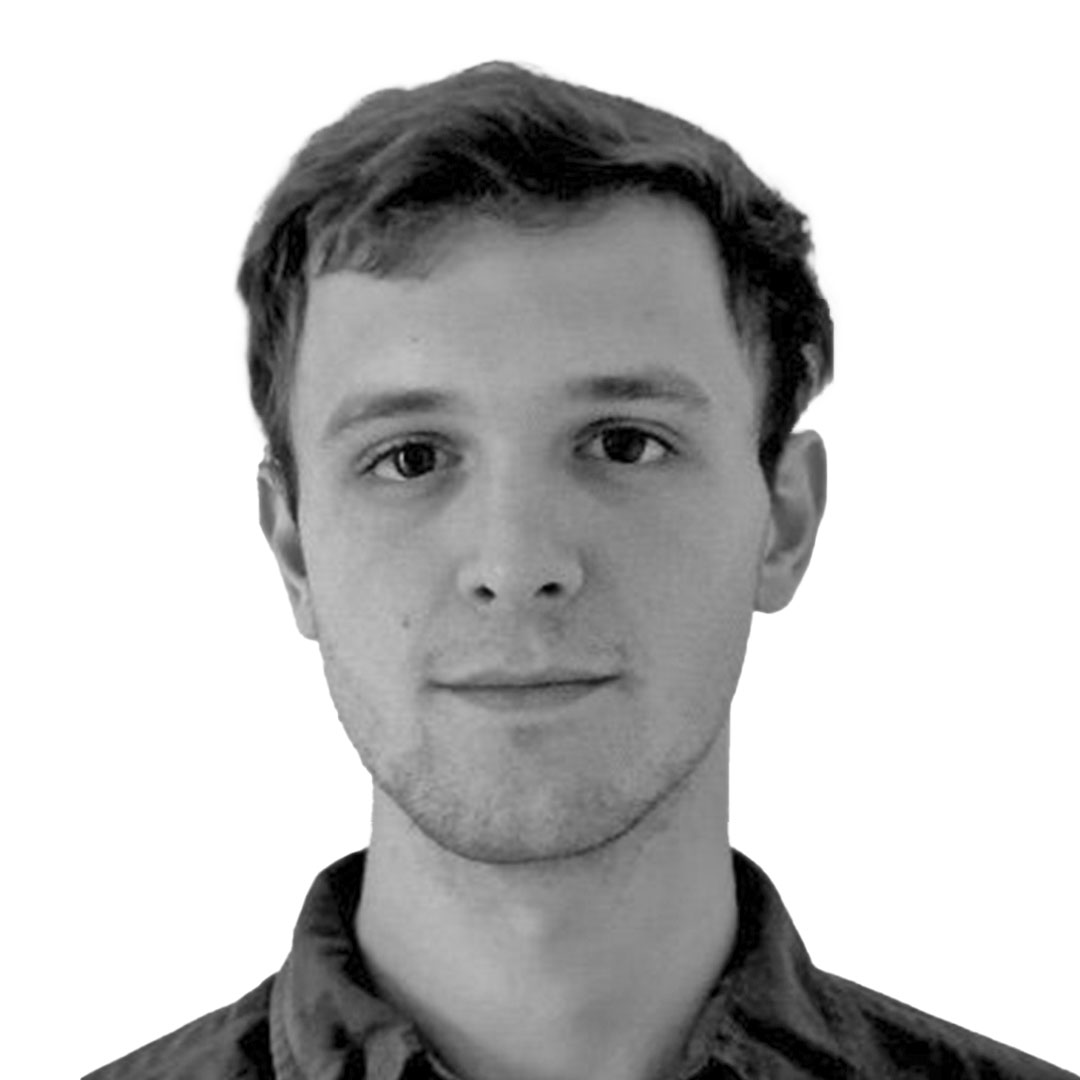Recent weeks and months have seen members of the International Olympic Committee defend the organization’s approach to human rights issues in China. A deep dive into their business interests suggests that, for some IOC members, the links to Beijing go beyond sport.
IOC Vice President John Coates recently explained that “the IOC does place a very high emphasis on human rights.” It’s just that pressuring Beijing about Xinjiang is not in the IOC’s “remit.”
“We have to respect the sovereignty of the countries who are hosting the Games,” he said.
Whether Coates, who is also president of the Australian Olympic Committee (AOC), places a “very high emphasis on human rights” in his own business affairs is another question.
Research by The Daily Beast suggests deep business ties between China—including Xinjiang province where a genocide of the Uyghur minority is allegedly taking place—and the company where he is chairman.
Coates’s official IOC profile does not mention that since 2007 he has served as chairman of William Inglis & Son Ltd., an Australian thoroughbred horse auctioneer.
Inglis is a serious business—its complex in Sydney contains a large five-star hotel complete with café, gym, and pool, plus 800 stables, where it hosts auctions.
China has been an important growth market for Inglis for over a decade. Although the most recent races were interrupted by the pandemic, the company sponsors a China-Australia horse racing cup that takes place in Shanxi. In interviews with Chinese publications, Inglis’s China representative Tian Jin has described how the cup is Inglis’s highest-prize-money event outside of Australia.
Tian also mentions the participation in Inglis’s cup of horses from Xinjiang. Chinese sources suggest that Inglis has organized the sale of a number of horses to at least one major Xinjiang owner and breeder
The province, home to the Uyghurs, plays an important part in China’s horse industry, with Chinese tycoons setting up stables and breeding and training programmes there.
The promotion of Xinjiang’s “horse culture” is a staple of state media propaganda. This effort is connected via a broader campaign of cultural sanitization to the repression of local customs deemed more ‘extremist,’ such as alcohol abstinence, Halal food consumption, the wearing of beards, and other practices.
The Daily Beast found that, at one Inglis sale in 2019, horses worth over $3.5 million were sold to the “secretive” China Horse Club, which has attracted scrutiny for its mysterious membership and ownership structures. A further A$1.5 million [U.S.$1 million ] worth of horses were sold to the club at another auction last year.
In total, Inglis’s auctions last year saw horses worth A$18,861,500 over [US$13 million] sold to buyers based in China.
A spokesman for Inglis declined to comment. Coates told The Daily Beast that the quotes cited above “reflect the IOC’s and my position on human rights in China.”
He said: “My IOC profile details my various sporting positions and does not list the numerous commercial directorships I have had over the years. The AOC Annual Report lists all current directorships. It includes being Chair of William Inglis & Son Ltd. I have no further comment.”
Coates is not the only of the IOC’s 101 members to have hit back at suggestions that the organization might do anything to apply pressure to Beijing with regard to human rights abuse.
“[The IOC] has no role to play in bringing about political change... Human rights issues are political,” insisted Canadian member Dick Pound in response to questions about internment camps and ethnic cleansing in Xinjiang. Confessing his complete ignorance of issues in the western Chinese province in an interview with German radio, Pound provided little assurance that athletes would be free to discuss these issues without consequences whilst in China.
“It would be helpful if there was an independent review of what was going on” in Xinjiang, Pound suggested fancifully, “…and maybe that’s a step that the Chinese would be prepared to consider.”
Pound’s apparent naivety about the possibility of China’s one-party state conducting an “independent review” into the Uyghurs’ plight belies his own otherwise informed interest in the country.
The Canadian law firm where Pound serves as a counsel, Stikeman Elliott LLP, has a deep and long-running stake in Chinese commerce. Stikeman’s website boasts of having acted for “many well-known Chinese companies,” before reeling off a list of top state-owned companies, some of the largest corporations in the world.
The Daily Beast has obtained a copy of a book written by Pound and published in 2013, in which he boasts of the firm’s extensive business ties to China.
“The firm had always had an interest in China, going back to the 1980s,” wrote Pound. “As China began to extend its reach and interests abroad, we engaged a former Canadian ambassador to China, Harold Balloch, for two years, 2005-6, to help us develop a more concerted approach to the Chinese market.
“This led to the development, beginning in November 2007, of the firm’s China initiative, with a focus on bringing work from China to Canada… The China interest group now has more than sixty members within the firm.” Pound goes on to discuss lucrative headline cases, the art of networking in China, and the firm’s strategy of marketing in Chinese propaganda outlets.
Pound told the Daily Beast: “Neither my firm nor its Asian involvement have any connection whatsoever with my personal views on the proper role of the IOC and/or its relationship with China.”
China’s government sent a clear message to the Western legal profession last year, when it sanctioned the entirety of a British barristers’ chambers after four of its members wrote a legal opinion that events in Xinjiang might constitute genocide. The sanctions resulted in several barristers leaving the main London branch, along with six more from its Singapore affiliate. Pound said he had no knowledge of China’s retaliation against lawyers who speak out against its human rights record.
“My views on the limitations of the IOC to bring about conduct change on the part of the Chinese government have absolutely no connection with Stikeman Elliott,” he said.
IOC members’ apparent business ties with China don’t stop there. Last November, British member Sebastian Coe described the growing diplomatic boycott of the Games as “a meaningless gesture and a damaging gesture.”
Private Eye magazine responded by reporting that Coe earns more than $130,000 a year as a non-executive director of Fortescue Metals Group, an Australian mining company that received 90 percent of its multi-billion dollar turnover from China in 2020.
Not only that, a Chinese state-owned firm owns a large stake in the company.
Fortescue’s spokesman confirmed that the company was deeply entwined with the Chinese market.
“Fortescue’s success and that of the Australian economy has been largely built on China’s remarkable growth… Fortescue has built longstanding relationships in China that extend beyond the supply of iron ore and include procurement, financing arrangements, academic, policy and social linkages, as well as the highly successful direct investment in Fortescue by our second largest shareholder, Hunan Valin Steel Group.”
“Lord Sebastian Coe CH, KBE, is a key member of Fortescue’s talented and diverse Board that is committed to enhancing and protecting the interests of both shareholders and stakeholders.”
In his role at the International Olympic Committee, Coe—who also runs world athletics—has the opportunity to meet top Chinese politicians and business figures. Fortescue’s spokesperson explained, however, that Coe “has been really against countries boycotting the Olympics” for 40 years and that his stance against boycotts has nothing to do with Beijing 2022 in particular.
That is just as well, as China has shown how forcefully it will respond to any criticism from Australia. In 2020, in response to Australian calls for a free inquiry into the origins of the novel coronavirus, Beijing slapped tariffs and other trade barriers on Australian wine, barley, seafood, and coal.
The IOC’s president, Thomas Bach, himself attracted criticism during his campaign to lead the organization. One rival, a Swiss lawyer, insisted of Bach that “he uses his position to his benefit so that he can gain contracts for the companies he represents,” before apologizing after apparent pressure from the IOC’s Ethics Commission.
The IOC press office told The Daily Beast that they had reached out to Denis Oswald, the member from Switzerland, and explained that he had provided the following quote:
<p><em>“When I realized that my comments were misinterpreted and taken out of context, I decided without any pressure to withdraw them.”</em></p>
The commission assesses members’ possible conflicts of interest in private, without publicizing submissions or findings. An IOC spokesman said: “The IOC has a system for addressing conflicts of interests which meets international standards and is best in class for sports organisations.”
In fulfilling their IOC roles, members enjoy private meetings with dignitaries, tycoons and politicians from all over the world.



